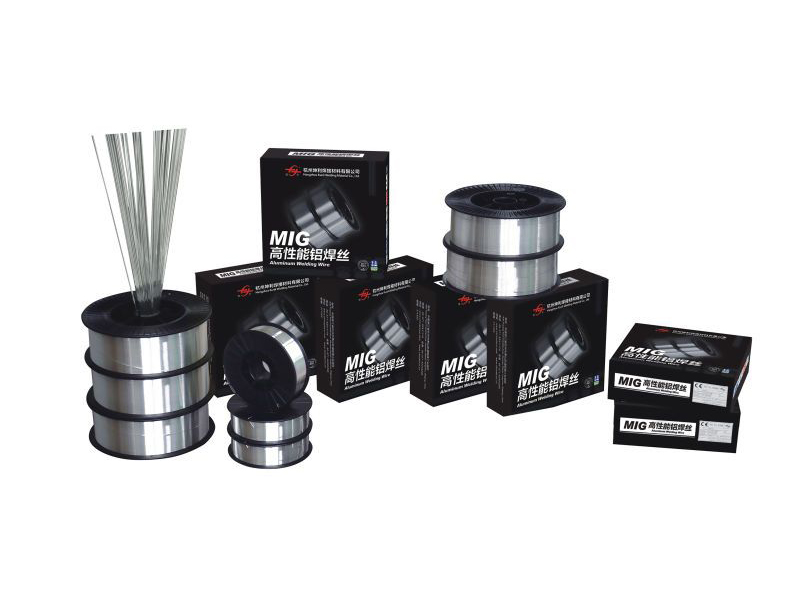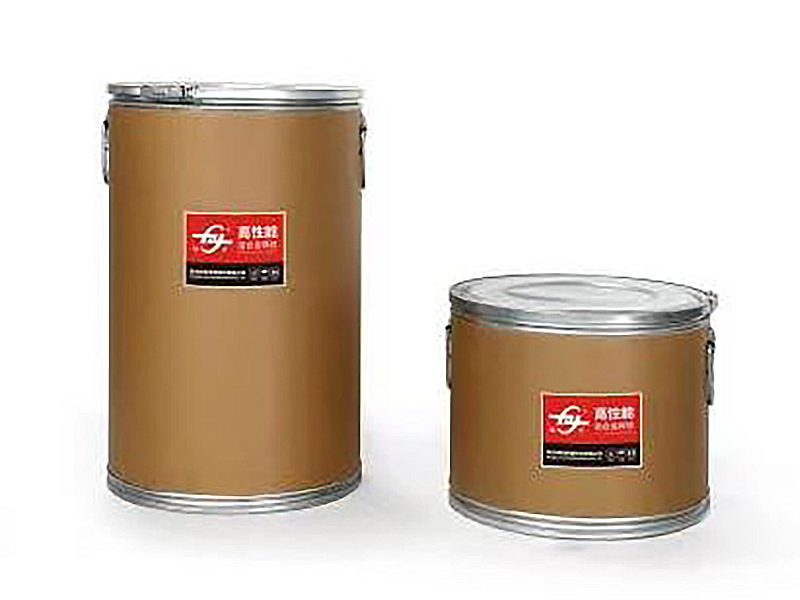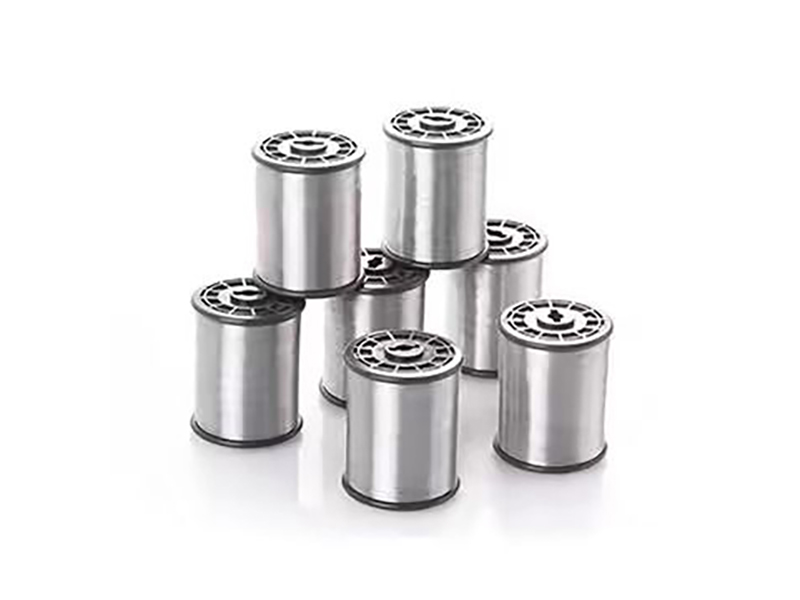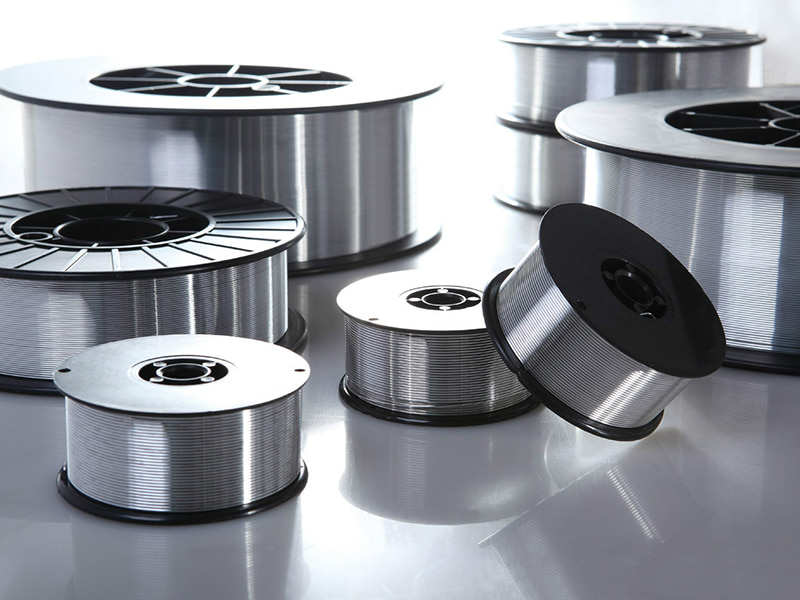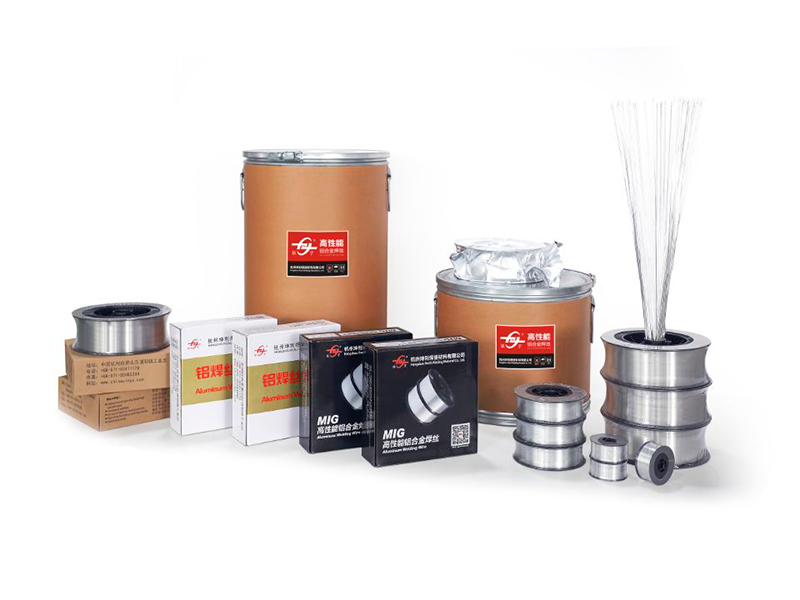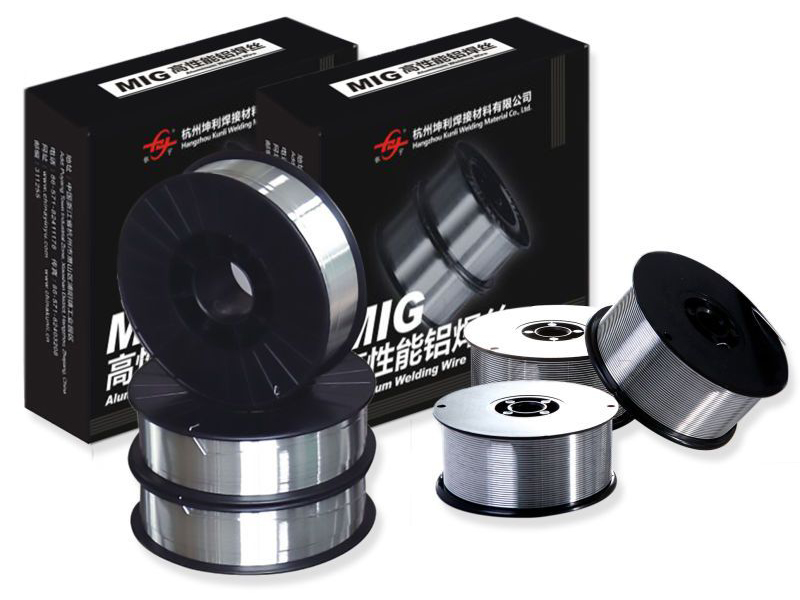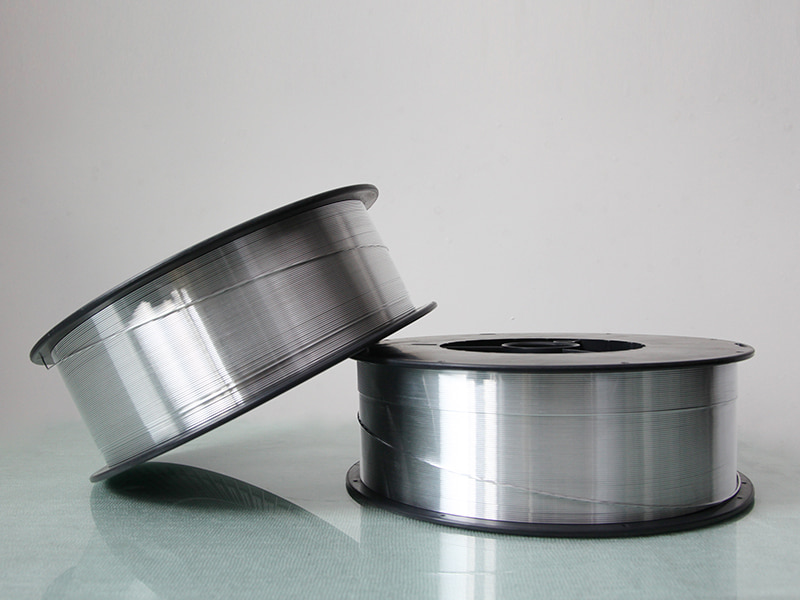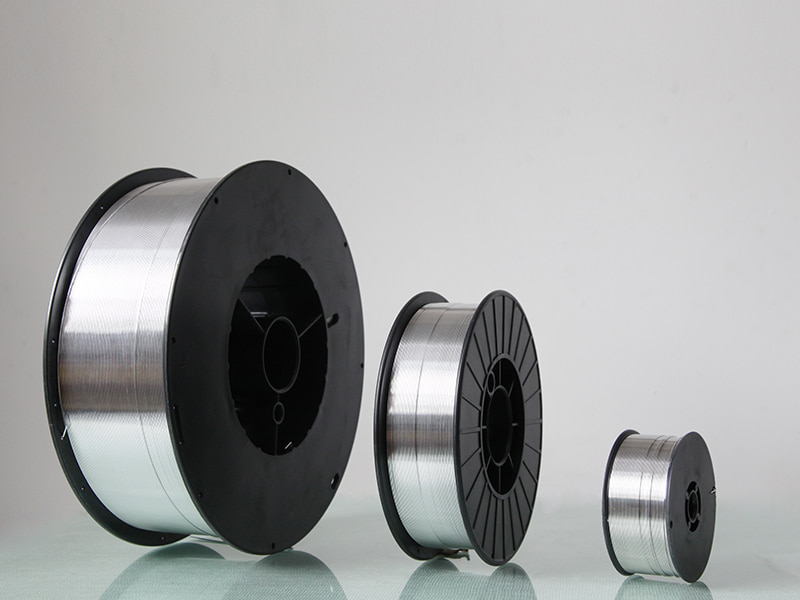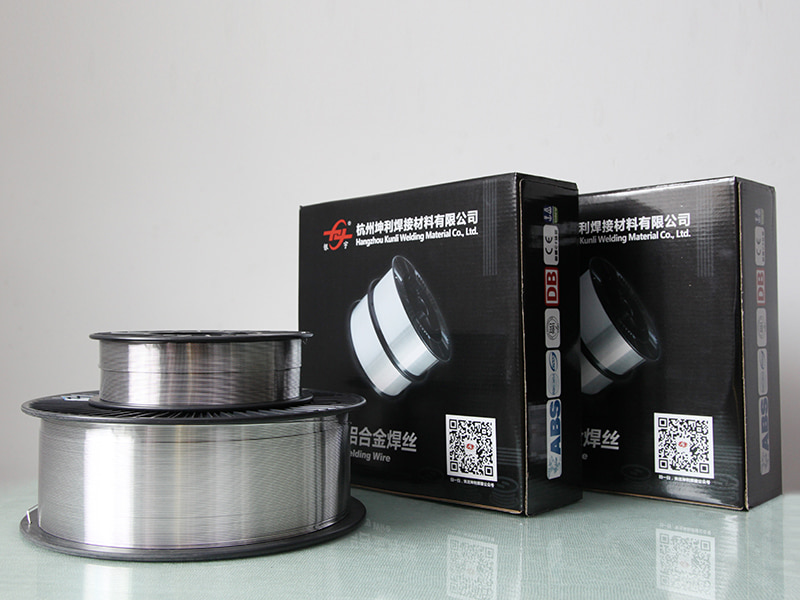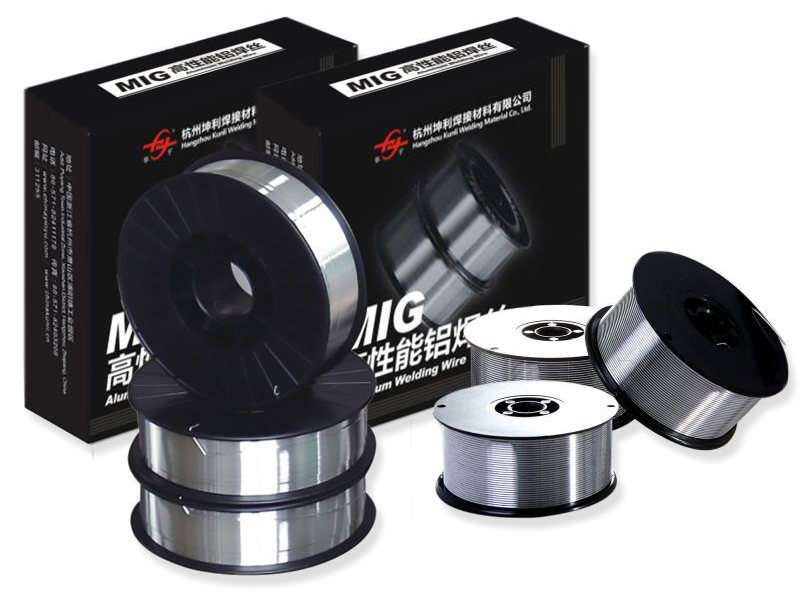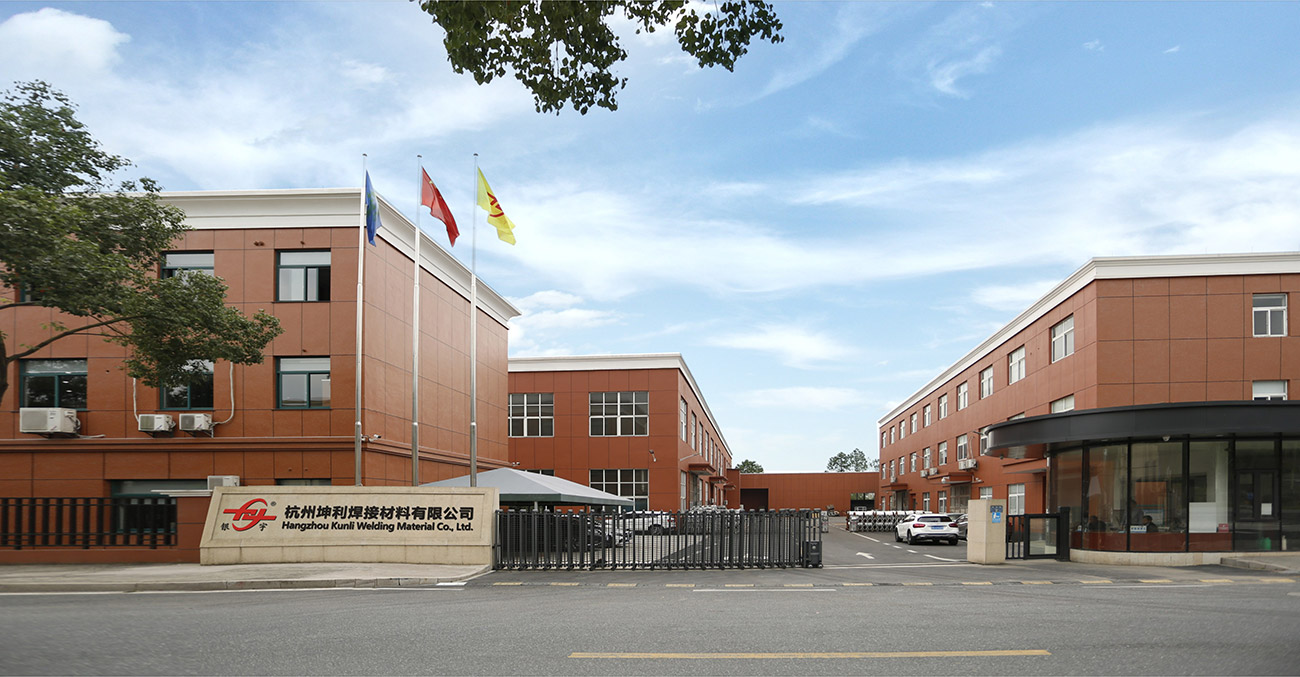Introduction
Railway manufacturing, especially for high-speed systems (like Shinkansen or European high-speed rail), demands the highest level of weld integrity, fatigue life, and structural strength to ensure passenger safety and operational longevity. Our specialized wires for this sector are high-strength 5XXX series alloys (often ER5087 and ER5183) that meet rigorous structural standards like Europe's EN 15085 or Germany's DB (Deutsche Bahn) certification. The wire is produced with an emphasis on low-porosity, high-toughness welds to withstand constant dynamic loading.
Specification
| Structural Standard | Compliance with EN 15085, often requires DB certification |
| Material Focus | ER5087, ER5183 (for high strength and fatigue life) |
| Key Property | High fatigue resistance, excellent toughness |
| Weld Integrity | Designed for X-ray quality welds and minimal defects |
| Supply Form | Large drums for automated, continuous welding in train factories |
Applications
Welding main body shells, floors, and roofs of high-speed rail carriages.
Fabrication of metro, urban rail, and light rail vehicle structures.
Repair and maintenance of railcar body structures and components.
Joining of structural aluminum alloys (e.g., 6061, 6082) used in railway construction.
Payment and Shipping
Documentation: Full supply of certified MTCs and any required third-party structural welding certificates (e.g., DB Certificate).
Audit Readiness: Prepared for quality system audits from major international railcar manufacturers.
Contractual Supply: Long-term, fixed-price contracts for large-volume rail manufacturing projects.
 English
English Deutsch
Deutsch
 English
English Deutsch
Deutsch

